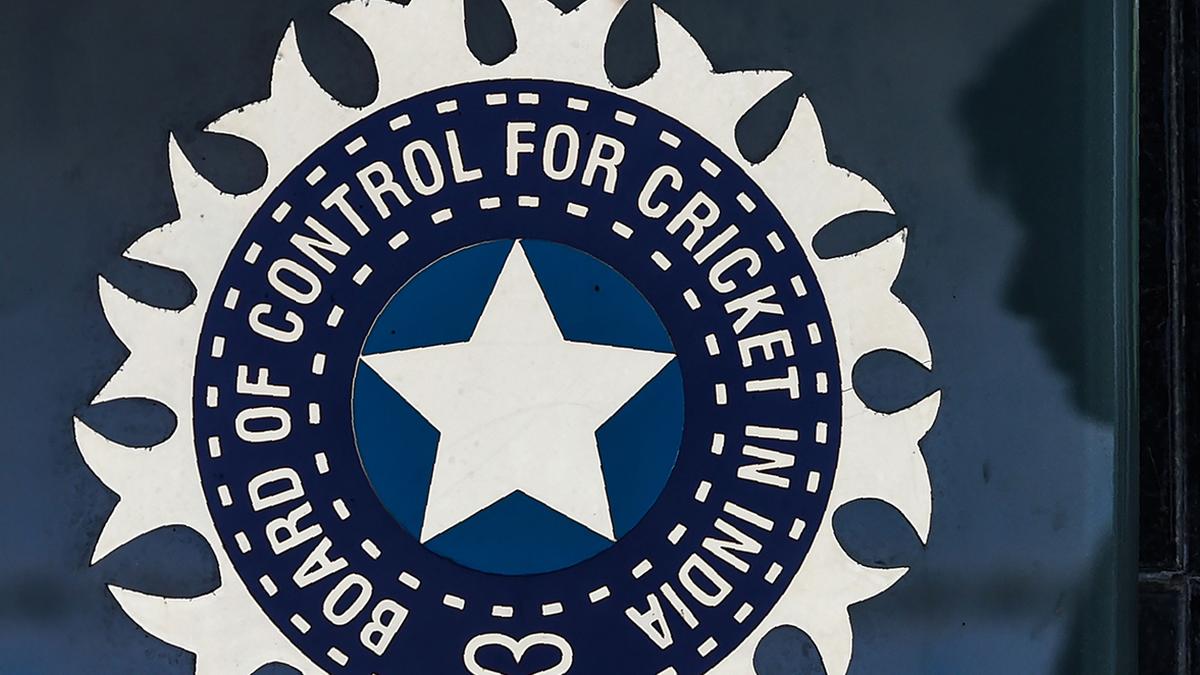 |
|
The Board of Control for Cricket in India (BCCI) is implementing stricter regulations regarding the travel of players' families and personal belongings on international tours. This decision, prompted in part by recent on-field performance concerns, marks a significant shift from the more relaxed policies adopted during the COVID-19 pandemic. Previously, players were allowed to have their wives and family members accompany them throughout the duration of tours, a measure intended to ease the mental and emotional strain of extended periods away from home within the restrictive bio-bubble environment. However, following a disappointing Test series loss to Australia, the BCCI has deemed it necessary to re-evaluate these allowances, prioritizing team cohesion and performance.
The proposed changes include a significant limitation on the duration of family visits. For tours lasting more than 45 days, families will be permitted to join the team for a maximum of two weeks. Shorter tours will see this reduced to a mere seven days. This represents a substantial departure from the previous policy of unrestricted family presence throughout the entire tour. While the BCCI maintains the importance of player well-being, this decisive move signals a clear emphasis on professional discipline and team unity. The rationale behind this change reflects the BCCI’s belief that extended family stays can potentially detract from the focus and dedication required for optimal team performance on the field, and is part of a broader attempt to regain control and enhance the team dynamic.
Beyond the restrictions on family visits, the BCCI is also addressing the issue of player luggage. Under the proposed rules, players will be held responsible for any excess baggage charges exceeding the stipulated limit of 150 kilograms. This policy is designed to curb unnecessary expenses and promote a sense of responsibility amongst the players. The additional cost burden for excess baggage is expected to encourage players to pack more efficiently and judiciously. This measure underscores the BCCI’s intention to streamline operational expenses and ensure a more efficient management of resources throughout international tours, potentially reducing potential logistical challenges.
Another notable aspect of the proposed changes concerns mandatory team bus travel for players and coaches. The BCCI’s stated goal here is to foster stronger bonds and unity within the team. It’s noteworthy that this rule, while newly reinforced, reportedly had been in place for a considerable time prior to its recent revitalization. Nevertheless, the decision to actively re-enforce this previously implemented rule has drawn public commentary, with some questioning the reason for the recent deviation and subsequent return to this practice. This renewed emphasis on team cohesion could be seen as an attempt to cultivate a stronger sense of camaraderie and shared purpose amongst team members. The intention is to reduce any potential distractions that may come from individual modes of transport, potentially fostering a stronger team identity.
The implications of these new regulations are far-reaching. Not only do they directly impact the players and their families, but they also reflect a broader shift in the BCCI’s approach to team management. The organization is clearly demonstrating a stronger focus on discipline and performance, even if it means implementing stricter rules which may temporarily inconvenience those involved. The upcoming Champions Trophy and the tour of England later this year will likely be the first tests of these new rules, providing valuable insight into their effectiveness and practicality. The success or failure of these new rules will depend on several factors, such as player acceptance, management implementation, and ultimately, the team’s subsequent performance on the field. The extent to which these measures contribute to improved results remains to be seen.
The BCCI’s actions highlight the inherent tension between maintaining player well-being and ensuring peak performance. Balancing these concerns is a delicate task, and the new rules represent a decisive attempt by the BCCI to strike a more appropriate balance. Public reaction to these changes has been mixed, with some questioning the strictness of the new measures, while others support the BCCI’s efforts to foster greater discipline and unity within the team. The implementation and impact of these changes will undoubtedly be closely scrutinized in the months to come, shaping the dynamics and culture of the Indian cricket team in the years ahead. The effectiveness of these rules, both in improving team performance and in maintaining a positive team environment, will be a key metric in assessing the BCCI’s overall strategy.
Source: BCCI plans to limit travel of wives and family members with team during tours
